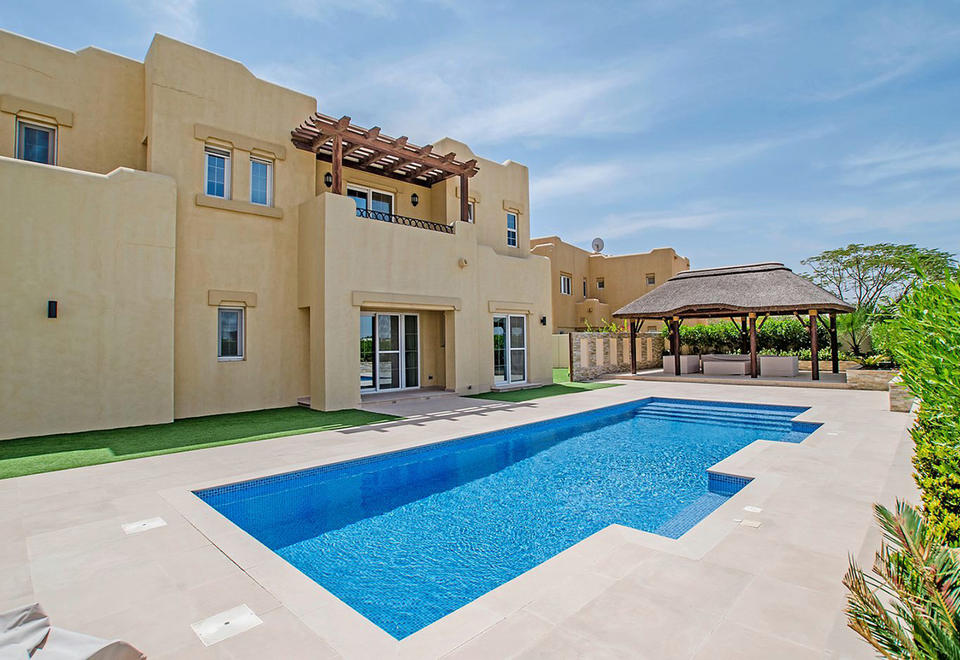A large number of Gulf-based expats are looking to move in the next 12 months due to the coronavirus pandemic, with value-for-money their main priority when seeking a new property.
That’s among the findings of the new Savills Lockdown Living Survey which indicates that close to 47 percent of respondents have been encouraged to move due to the pandemic.
A majority of respondents said they prefer to rent as they adopt a wait and see approach to understand how the socio-economic landscape will evolve in the 12 months.
Close to 21 percent of the respondents indicated that they would be relocating in the next twelve months to save money while a further 15 percent would move to downsize their space and save on rent.
On the other hand, 28 percent of respondents said they would consider moving to upgrade their lifestyle in some form.
According to the survey, the current priorities when choosing a residential space are price (23 percent), size (19 percent), community amenities (18 percent), proximity to work (15 percent), proximity to school (6 percent) and space for home office (5 percent).
Richard Paul, head of Professional Service and Consultancy at Savills Middle East said: “After a prolonged period of confinement, people gradually emerged into a new norm of live, work and play as lockdowns eased across the region. Even though activity levels have bounced back, albeit still lower than pre-Covid levels, a general inhibition towards spending a lot of time away from the home has, in turn, led people to relook at their current residential space.
“In most cases, this means either relooking their current residential set-up and making necessary upgrades, or considering relocating to suit their newfound lifestyle. This has led to a marked shift in how residential spaces are perceived.”
The survey was carried over the summer and captured the sentiments of individuals towards residential units pre and post lockdown.
Since most countries in the region have a high share of expatriate population, respondents of the Savills Lockdown Living Survey were essentially from this segment. Hence, a large percentage of this population prefer to rent properties, and this provided an opportunity for investors to rent out a property with ease.
According to Savills, before the pandemic, a few cities such as Abu Dhabi, Dubai, Sharjah, Riyadh and Cairo were witnessing a gradual improvement in demand.
Although most of these markets have seen substantial supply addition in the last few quarters and have a sizeable pipeline of upcoming projects, transaction activity was gradual increasing year-on-year, it said.
Swapnil Pillai, associate director Research Middle East at Savills, added: “This has also led to healthy yield level which in turn has driven investment activity. On the other hand, for developers, it means that along with the strong investor base, there’s a substantial pool of population that can be targeted for upcoming projects.
“A few developers have been successful in doing the same with the launch of innovative payment plans and schemes such as ‘rent-to-own’. Per our findings, close to 68 percent of the respondents currently privately rent unfurnished accommodations in the region. While the share of owner-occupied properties, both mortgaged or otherwise is roughly 18 percent.
READ ALSO: Lockdown losses: can businesses claim from insurers?
“Given that the majority of the respondents currently rent property in the region, prices become a key determinant when choosing a residential space. The onset of temporary salary cuts and redundancies has also ensured a more cautious approach towards spending. Since rents/mortgages form one of the biggest components of an individual’s/family’s monthly spend, our agents indicate a spike in enquiries for relocation and renegotiation to maximize savings,” said Pillai.
On a global level, Savills said results were promising, with 78 percent of respondents saying that most or almost all of the buyers in the areas they cover are still looking for a new property, adding that this sustained level of interest from both buyers and vendors bodes well for the resumption of the transactions as restrictions continue to ease.
Source: Arabian Business




